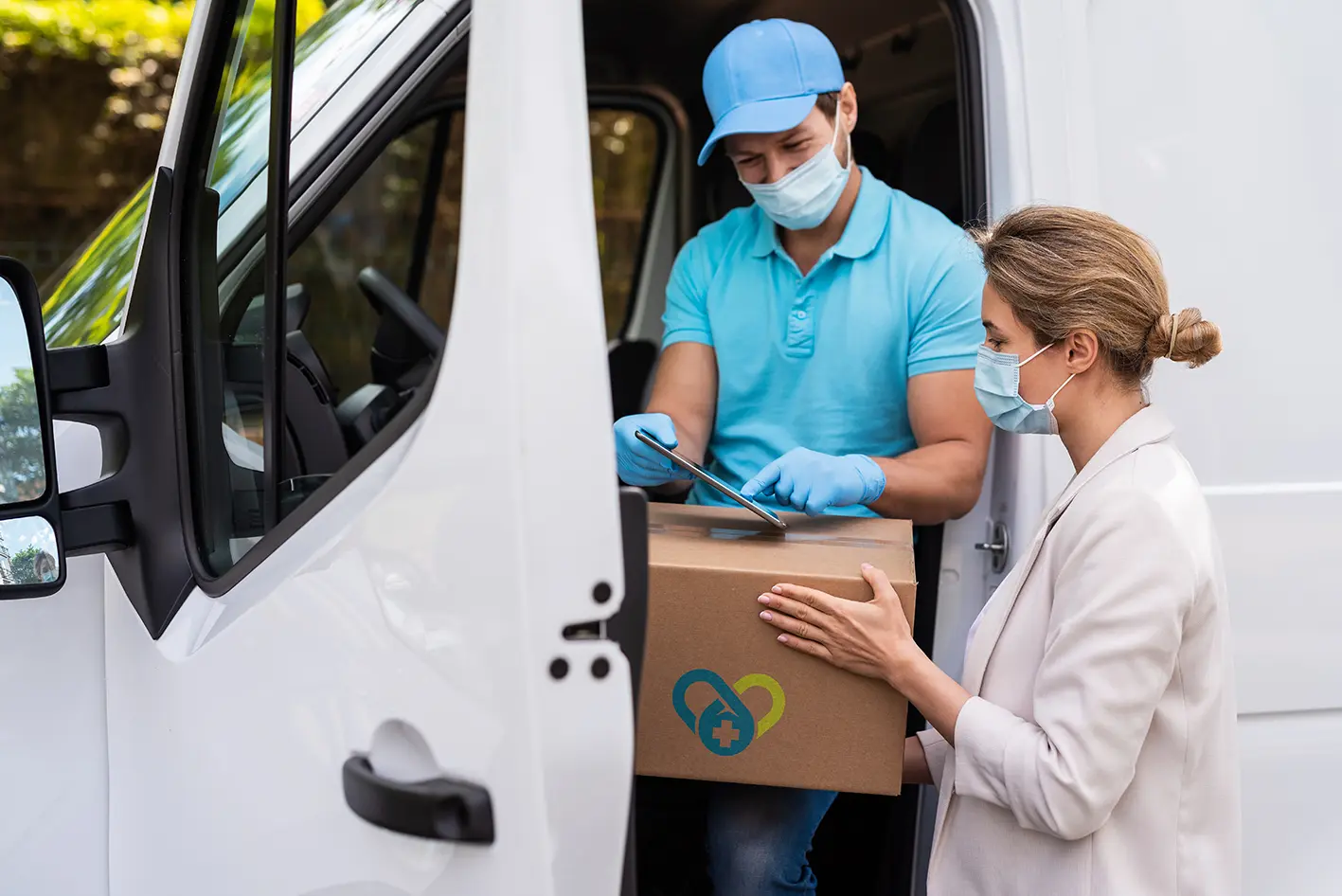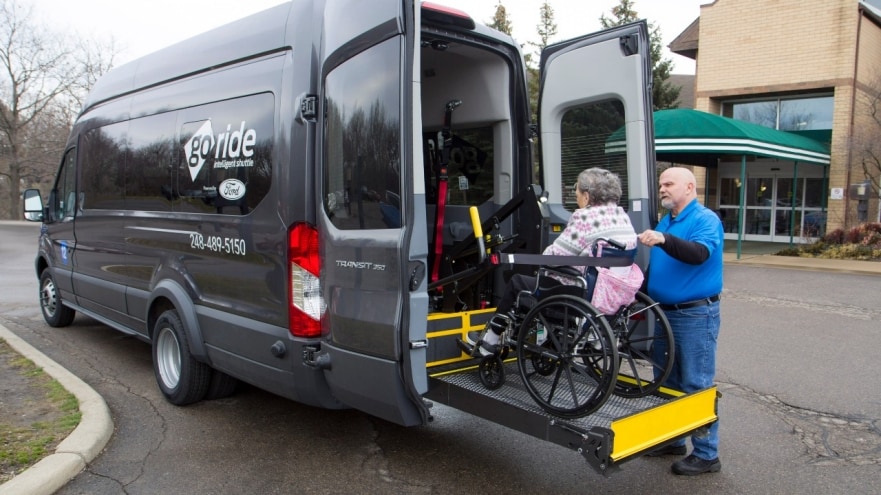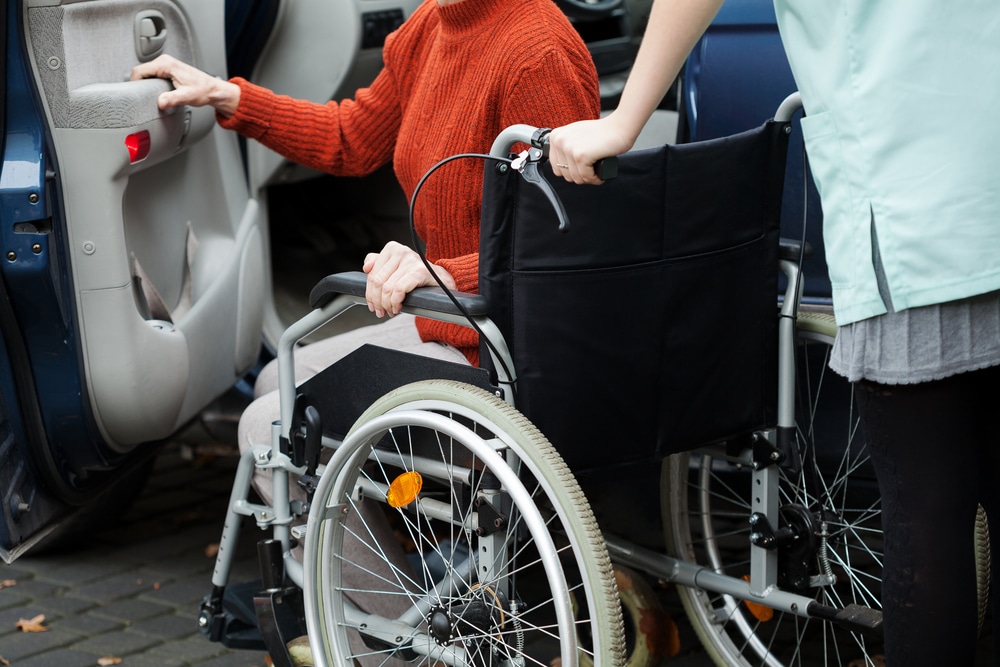Accessible Medical Transportation Services: Placing Your Health And Wellness First
Accessible Medical Transportation Services: Placing Your Health And Wellness First
Blog Article
Cost Effective and Accessible Medical Transport Options for Every Situation
In the world of healthcare, the capability to accessibility clinical services is critical, yet the difficulty of budget friendly and available transportation can frequently prevent people from receiving necessary care. By exploring specific medical transport solutions, area transport programs, ride-sharing and taxi solutions, non-emergency clinical transportation, as well as public transportation and paratransit alternatives, people can locate opportunities that provide to their certain demands and guarantee they obtain the treatment they require.
Specialized Medical Transport Services
Specialized clinical transportation solutions play a crucial duty in making certain secure and effective transportation for people calling for specialized care throughout transit. These solutions provide to clients with distinct clinical needs, such as those requiring continuous surveillance, specific equipment, or clinical interventions throughout transport. By utilizing particularly equipped vehicles and skilled medical personnel, specialized medical transportation solutions ensure that clients receive the required care while being transferred between health care facilities, houses, or other areas.
One trick aspect of customized clinical transportation solutions is the focus on patient convenience and safety and security. Clinical transport teams are trained to manage numerous clinical problems and emergencies that may emerge during transit, giving a higher level of care than traditional transport choices. Furthermore, these solutions frequently offer door-to-door help, minimizing the anxiety and pain that people might experience during transfers.
Area Transportation Programs
Having actually addressed the critical duty of customized medical transport solutions in ensuring risk-free and efficient transport for individuals with distinct medical demands, the emphasis now shifts to analyzing Area Transportation Programs - medical transportation. These programs play a vital function in supplying economical and available transportation services for the basic population, including elders, people with disabilities, and low-income families that may encounter challenges in accessing typical transport choices
Neighborhood Transportation Programs include a series of services such as fixed-route buses, paratransit solutions, volunteer vehicle driver programs, and ridesharing initiatives. These programs are usually subsidized by city governments, non-profit organizations, or private firms to make certain that individuals have reliable transportation alternatives to get to medical visits, food store, social activities, and various other crucial destinations.
Ride-Sharing and Taxi Solutions

Among the essential advantages of ride-sharing and taxi solutions is their availability. These services run 24/7, allowing individuals to take a trip to medical consultations, pharmacies, or hospitals any time of the day. Furthermore, ride-sharing and taxi services accommodate individuals with movement challenges by providing wheelchair-accessible lorries upon demand.
Furthermore, ride-sharing and taxi solutions can be especially beneficial for individuals staying in areas with minimal mass transit choices. By linking the gap between home and medical care facilities, these services play a vital duty in making sure that every person has accessibility to crucial medical services.
Non-Emergency Medical Transportation

Non-Emergency Medical Transport companies usually employ skilled workers who are experienced in helping individuals with varying medical needs. By using door-to-door service, Non-Emergency Medical Transport improves the general availability of medical care for people who may otherwise struggle to participate in crucial clinical consultations.
Public Transportation and Paratransit Options
Public transportation and paratransit options offer essential transportation solutions for people with varying mobility demands, making certain accessibility to crucial destinations such as clinical facilities and consultations. Public transit systems, consisting of buses, trains, and trains, offer an affordable and extensively offered mode of transport for individuals looking for to reach clinical appointments. These solutions are particularly beneficial for those that may not have accessibility to personal vehicles or call for support as a result of movement obstacles.
Paratransit services provide specifically to people with handicaps who are not able from this source to use conventional mass transit. These solutions supply door-to-door transport, suiting individuals with wheelchairs, walkers, or other wheelchair help. Paratransit lorries are equipped with features such as wheelchair ramps and securement systems to guarantee the risk-free and comfy transport of guests with differing flexibility requirements.

Conclusion

Report this page